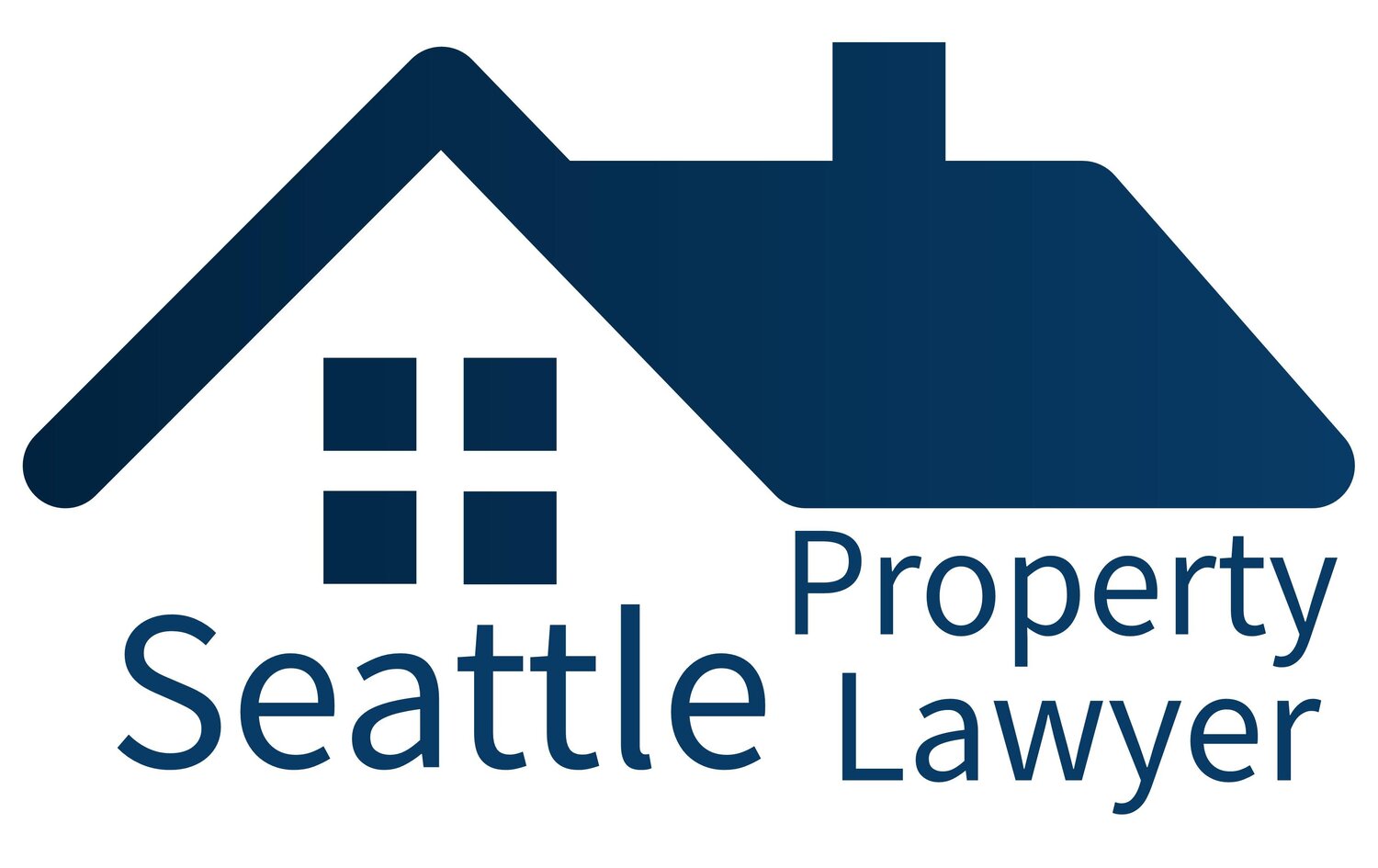How To For Sale By Owner in 6 Steps - Step 1 Prep It
/Thinking of selling your home without using a real estate agent? You've found a great resource. I am a real estate attorney, as well as a licensed real estate broker, and I've helped hundreds of successful home buyers and sellers.
Craig provides the following insight for informational purposes only, and without any warranty or guarantee whatsoever. This blog does not create an attorney/client relationship, and Craig is not your attorney unless you have a signed fee agreement with him. Now with that disclaimer out of the way...
So you've decided to sell your house. Oh boy. Time to get to work.
Step 1: Prep It
Like most things in life, when selling your home preparation is essential. Preparing a home for market has two parts:
Clean and Buff
De-Clutter and De-Personalize
There is quite a bit of overlap between the two parts. But it helps to remember the differences because they complement each other.
STEP ONE GOAL: Create a space where buyers can envision themselves living.
When a buyer walks in and sees herself in your home, you're more than half way towards selling it. Preparation is essential.
Clean and Buff
"Clean" is pretty self-explanatory. The deeper the clean, the better.
"Buff" means going the extra mile to make the place shine. How many buyers want to think about home improvement projects when they're looking to buy a home? Not many. The closer the home is to "move in ready" condition, the better.
This doesn't mean you should finally do that remodel, though. If you've decided to sell, then your actions should be governed by "the numbers." And remodels almost never add up.
Insider's Tip: Make sure your expenses pencil out. This is, after all, a financial transaction.
A remodel usually costs more than the increase in value that results. On the other hand, new paint? Ah, that's a much better investment of your time and money. The cost of re-painting the place will likely be less than the increased amount a buyer will pay for the home, thanks to the nice condition. Flooring is another expense that often pencils out.
There are exceptions of course. Maybe you have a tiny old house on a large lot zoned for multi-units. If that's the case, don't bother even with the cleaning. The money is in the dirt, and the house will be "scraped" shortly after closing.
De-Clutter and De-Personalize
Again, remember the goal of preparation, creating a neutral environment that allows buyers to imagine themselves living there. Other people's stuff in that space? Not helpful.
So first, just reduce the volume. Of furniture. Of books and art. Of stuff. You may want to seriously consider the costs of a storage locker if you will be living in the home while it is on the market. Ideally, you'll have largely moved out.
Then make sure that your stuff is put away and not visible. The stuff that really defines you. Family pictures are the classic example. Overtly religious icons should also go.
Got crazy brash colors on the wall that reflect your brash self? Re-visit the "buff" decision if you decided not to paint. If you've literally put your own personal stamp on the place, consider investing the time and money to put things back to neutral. An essentially neutral home will best allow buyers to see themselves living there.
Other Prep Steps: Inspection? Staging?
Some experts believe you should get an inspection of your house before putting it on the market. In theory, this allows you to correct the problems that might otherwise derail a deal uncovered during a buyer's inspection.
Insider's Tip: Reconsider getting an inspection.
Washington, like many states, requires a seller to disclose known issues with the property. If you don't know about a problem, you won't have to disclose it. If you get an inspection, you'll have to either fix or disclose every defect found. On top of that, every inspector will find different issues, so regardless you'll still likely have to deal with a request for repairs from a buyer. You simply cannot get completely in front of a buyer's inspection.
Finally, do your best to stage the house. A well staged house will - once again - help the buyer to see herself in the space. A few pieces (of furniture, art, furnishings, etc.) in each major room (living, dining, kitchen, master bedroom, etc.) will define the house and allow a buyer's imagination to flourish.
If you're moving out before you put the home on the market, plan on leaving a few pieces behind. If you'll be living in the home, then "staging" becomes your goal. In a perfect world (where very few of us live) you would move most of your stuff out and live there just with the "staging."



